Issue 33 : 30 June 2019
Talofa Lava, Kia Orana, Malo E Leilei, Tena Koutou, Hello ...
... and welcome to the latest issue of “For The Love Of The Game”, the official e-zine of the New Zealand Amateur Sport Association Inc. We hope you enjoy reading the articles below.
If you have any feedback on this issue, ideas for future articles, or would like to contact the Editor, please click here. And, you are invited to forward the e-zine to others you know, who may be interested in reading it.
If you are interested in applying for membership of the Association, please click here.
New Zealand Rugby League Joins Association ...
The Association is delighted to welcome New Zealand Rugby League (www.nzrl.co.nz) as its latest National Sport Organisation member. New Zealand Rugby League has a "more than just a game" philosophy and sees sport as a way to bring people together and improve their lives by talking to them in a language they understand, with the aim of delivering better outcomes for the wider community.
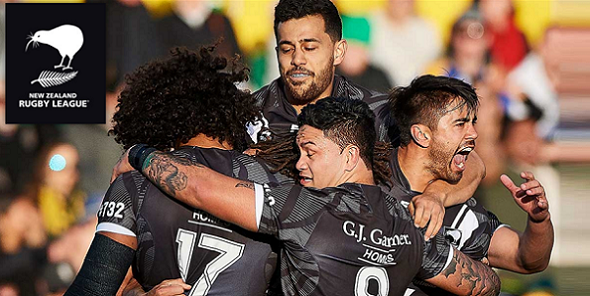
Traditionally known as a “gladiator” game, Rugby League’s structure and practice has evolved from its working class roots in Northern England. Research has shown that while Rugby League is the third most important game New Zealanders want to win as a nation, it has the potential to play an even greater role in the lives of New Zealanders.
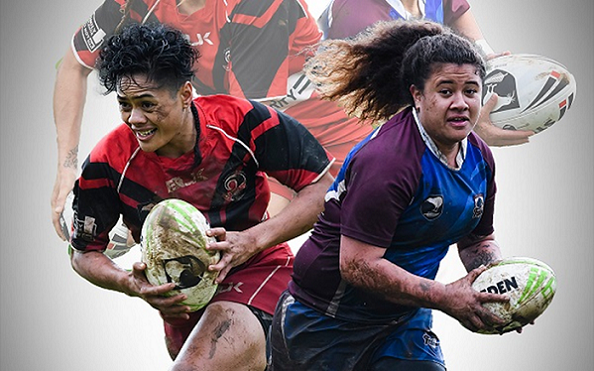
National Volunteer Week ...
National Volunteer Week was celebrated throughout New Zealand, earlier this month. It was first conceived in 1943 in Canada, as a way to celebrate the contribution made by women on the home-front to the war effort during World War 2.
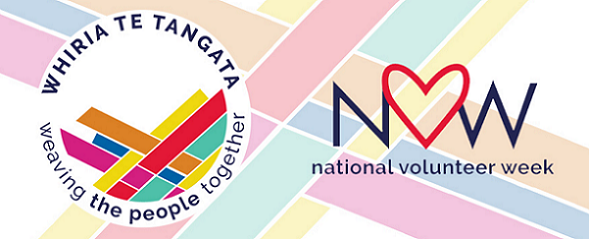
It's estimated (by Statistics New Zealand) that 1.2 million New Zealanders volunteer their time to non-profit institutions, including sports organisations. In the nine years between 2004 and 2013, non-profit institutions classified as “culture and recreation” (the largest group by number), increased by nearly 17%. Within the group, the “sports” sub-group increased the most, up 21%.
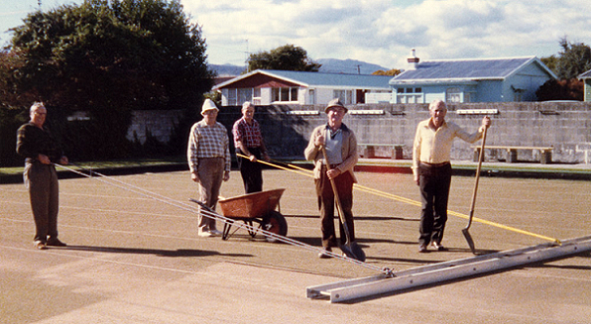
(Members of the Upper Hutt Bowling Club, undertake a "Working Bee" on the Greens)
Of specific note, 94% of sports not-for-profit institutions do not employ paid staff, with the contribution of sports organisations overall estimated to contribute $431 million annually to GDP, (or about 0.15% of New Zealand’s total annual GDP). Like their on-field members, sports clubs need to focus on ROI, "recognition, opportunities and incentives" for their off-field volunteers, to give them a sense of purpose and value in what they provide for their sporting communities.
Viewpoint : Why Governance Matters ...
Most sporting organisations (whether clubs or governing bodies) are incorporated under the Incorporated Societies Act 1908, for very good reasons. Simply expressed, there are three main benefits of incorporation: enablement; protection and endurance.
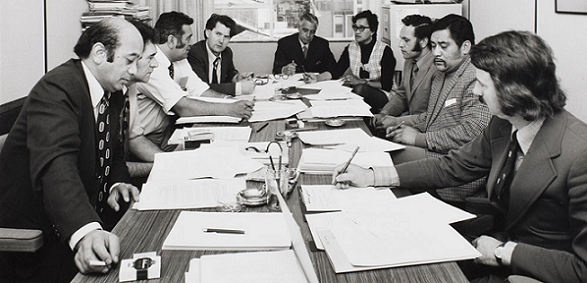
Firstly, incorporation enables a sporting organisation to act as a legal entity for the purposes of entering into contracts (e.g. lease of premises), making applications (e.g. grant funding or tax exemptions), or administering events (e.g. local competitions). Secondly, it offers some protections to those who are part of the sporting organisation from personal legal liability for actions they undertake while under its direction or control. Thirdly, the legal entity that incorporation creates, exists independently of those who for the present time are responsible for its operations, meaning that it should endure indefinitely.

The health and well-being of sporting organisations can generally be benchmarked against how well they are performing relative to these three factors. Often, issues with on-field performance can be traced to these off-field aspects. Within some organisations, good governance is seen as an inconvenience to the more important "on-field" activity. Evidence of this can be seen in the number of incorporated sport organisations that are de-registered annually for failing to file financial statements with the Registrar, meanwhile carrying on their sporting activity regardless. The risks involved in doing so are not minor and are generally overlooked.

This writer suggests that National Sporting Organisations are not doing enough to ensure that their constituent clubs have their resources entirely, "in the right place". It would be interesting to analyse how many dollars are applied to good governance models, relative to every dollar invested by NSOs in talent identification, coaching resources and player development.
Wellington Sports Awards ...
The Association was well represented at the 2019 Wellington Sports Awards, on 19 June, with six Board Members in attendance. This year was the 40th anniversary of the awards, which provide recognition to both amateur and professional sportspeople in the Wellington region.
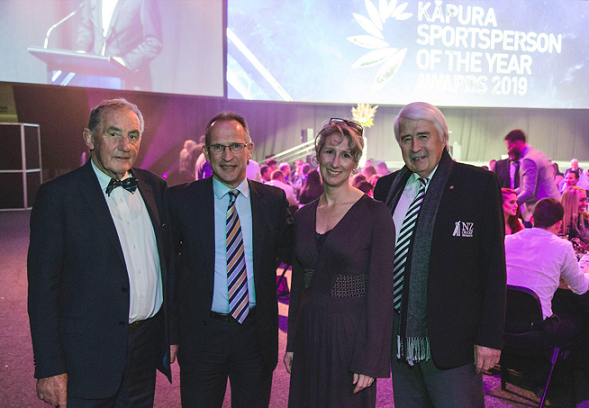
(President Andy Leslie, with Gordon Noble-Campbell, Jill Gower and John Morrison)
Of note, four “sporting legends” were inducted into the "Hall of Fame", Allan Hewson, Mike Kenny, Naomi Shaw and Trish McKelvey. Since 2003, 52 athletes have received recognition as Sport Legends of Wellington. While this award is based on sporting achievement, recipients are judged to “have made an indelible impact” on the local community, "through their accomplishments”, both on and off-field.
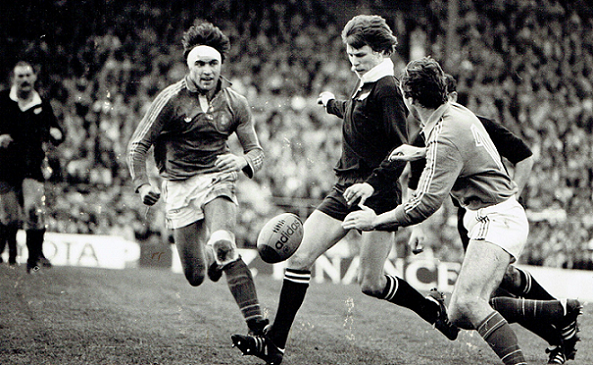
(Allan Hewson in action for the All Blacks against France, in 1984)
Like all of those inducted to the Hall of Fame this year, Allan Hewson has contributed greatly to the Petone sporting community in the years following his retirement from the peak of his on-field sporting career, including becoming Chairman of the Petone-Riverside Cricket Club. In 2016, he became Chairman of the "Petone Sportsville" initiative, noting at the time that, “Petone has a long tradition of sporting achievement, but this is under threat from deteriorating facilities and competing demands for people’s time.”
Community Sporting Asset Faces Uncertain Future ...
"Moller Park" in Dunedin’s West Harbour (the home of the Harbour Rugby Football Club) is located on land reclaimed in 1906, which is now the centre of a real estate dispute between community and commercial interests. The park was named after Ravensbourne identity and former Mayor Hagbarth Ernest Moller by the West Harbour Borough Council in 1936, following his death. A founding member of the Ravensbourne Rugby and Boating Clubs, Moller’s contribution to the local community was noted in that he “would at all times go out of his way to help the lame dog over the stile”.
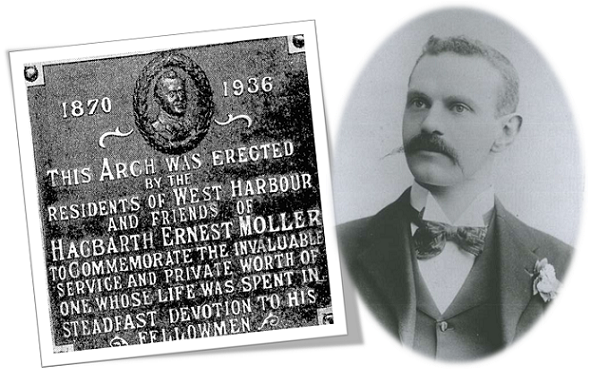
(Hagbarth Moller, former Mayor of West Harbour Borough Council)
A "Memorial Arch" was built by the local community (by public subscription) at the entrance to the park in 1937, acknowledging the role Moller played in turning the area into a community asset. Eulogised by civic authorities for doing so, the public recreational space created by Moller has in subsequent years fallen into private ownership, with the fear that in the near future it will cease to be used for community recreation in favour of commercial enterprise.
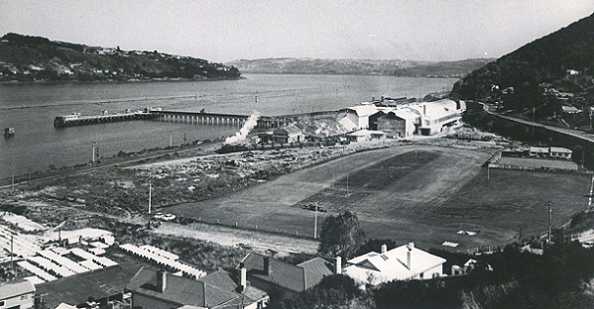
(The Harbour Rugby Football Club ground in the centre of the picture)
The park (which was initially owned by the West Harbour Borough Council, which merged with Dunedin City Council in 1963), pre-dated the adjacent fertiliser works, (now known as Ravensdown), which were established in January 1931 by the Dominion Fertiliser Company. In the late 1980’s, it would seem that the ownership of the land changed hands to the newly incorporated Port Otago company (owned by the Regional Council), who subsequently sold it to Ravensdown, around 20 years ago.
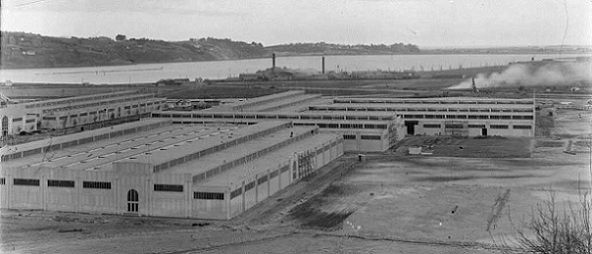
(The Ravensbourne Fertiliser Works in the early 1930's)
What value do local authorities place on the preservation of community assets? Does the "Memorial Arch" to Hagbarth Moller still exist? It is unlikely that the current issue will be solved to the satisfaction of local sportspeople by arguing the current legal title to the land. What is clear, is that the history behind Moller Park (and the value of this history) needs to be brought to the centre of the discussion, when final decisions are made concerning its future.
From The Archives ...
OVER THE AERIAL
AUCKLAND STAR, VOLUME LXVI, ISSUE 235, 4 OCTOBER 1935
“The Bill Hindman Radio Sports Club was officially inaugurated last night, when a number of well-known sporting men took part in the popular sports announcer's session between 8.15 and 8.45 from 1ZM. Several speakers addressed listeners and invited them to enrol as members. Following this, the station telephone kept ringing continuously for an hour and a half, during which time over 200 listeners agreed to join the first radio club of its kind. Moral support is all that is asked, there being no subscription to be paid by members. The club intends to go out and do a practical service in the cause of sport and charitable organisations. So far 1,600 members have enrolled, and soon the total is expected to run into thousands.”
William (“Bill”) James Hindman was born in 1862 in the Waikato, the son of John Hindman and Amelia Pattison. From 1931 to 1938, he made 716 radio broadcasts, with the “1ZM Sports Club” attracting 34,700 members, including 284 sporting bodies who joined the Club.
In the studio he dealt with every kind of sport – he commented on everything but horse-racing and wrestling." Hindman, "served sport in the Auckland Province in other ways than by broadcasting. He was always ready to help a worthy object, and particularly clubs which were in need of financial aid. To that end he formed an Entertainment Party, with which he toured most of the Auckland Province."
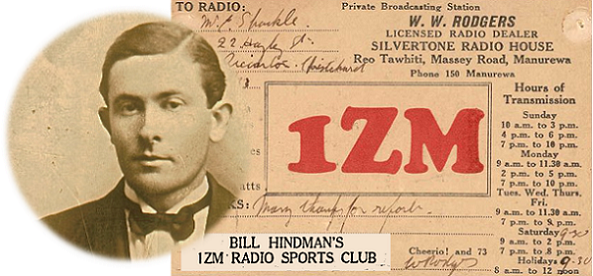
Apart from his broadcasting work he took a wide interest in athletics. He was a member of the executive of the New Zealand Amateur Athletic Association, president of the Eastern Suburbs Athletic Club, a life member of the Papatoetoe Athletic Club, and a vice president of 34 other sports bodies in Auckland. Bill Hindman died in 1960, with his significant contribution to community sport largely unremembered.
The Final Word ...
“When the great scorer comes; to tally the score against your name; he marks, not whether you’ve won or lost; but how you’ve played the Game.”